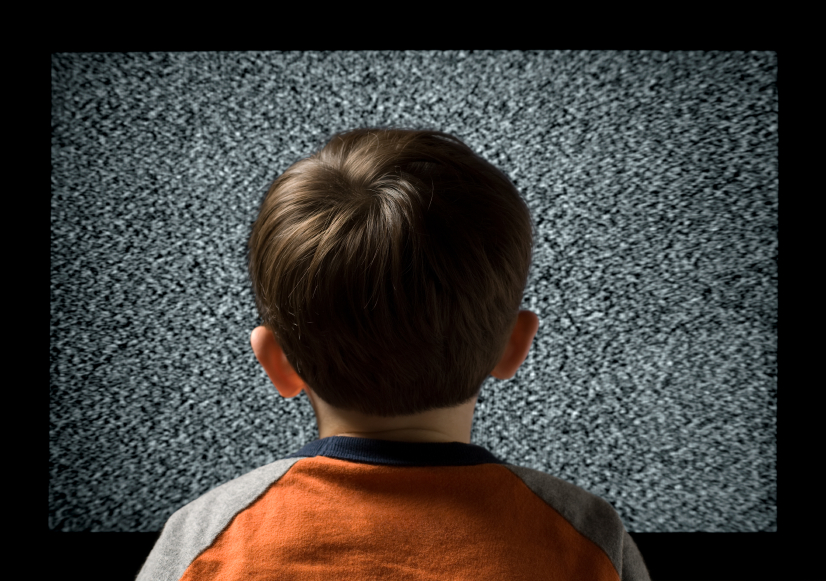Today’s teens are the first “digital natives” who have grown up with the internet. So much of what they learn about online safety comes from their peers, but what lessons are they teaching one another? To find out, Dr. Megan Moreno, an investigator in Seattle Children’s Research Institute’s Center for Child Health, Behavior and Development […]
As new technologies have emerged, Seattle Children’s Research Institute has kept pace, studying various social media channels and considering how these impact adolescent health. To share their exciting work with the community, the research institute’s Social Media & Adolescent Health Research Team (SMAHRT) is hosting its first annual conference July 31 through Aug. 2. The […]
“You study Facebook?” Megan Moreno, MD, MPH, often hears a surprised response like this when she describes her work researching adolescent’s use of social media at Seattle Children’s Research Institute’s Center for Child Health, Behavior and Development. But, Moreno no longer has to tell people about her research – she can show it to them. […]
It is fascinating to watch an infant, who cannot yet talk or walk, play games on a tablet computer. But many parents wonder, should children so young be playing with these devices? Despite previous recommendations that children under age 2 should not use any media, a Seattle Children’s Research Institute expert now says children may benefit from […]
Those three attention-grabbing words can often make parents a bit uneasy when they think about how they relate to their kids. The words are also the title of a new book from Megan Moreno, MD, who heads up the Social Media & Adolescent Health Research Team at Seattle Children’s Research Institute. Moreno is an adolescent […]
Teens have waning enthusiasm for Facebook, according to the latest “Teens, Social Media, and Privacy” report from the Pew Internet & American Life Project. “They dislike the increasing number of adults on the site, get annoyed when their Facebook friends share inane details, and are drained by the ‘drama’ that they described as happening frequently […]
Differences in parental beliefs and attitudes regarding the effects of media on early childhood development may help explain the increasing racial/ethnic disparities in child media viewing/habits, according to a new study by Wanjiku Njoroge, MD, of Seattle Children’s Research Institute. The findings support national research that preschool-aged children spend considerable time with media, a situation […]
A team of our (smart) researchers from SMAHRT descended on Washington, D.C. last weekend for the Pediatric Academic Societies annual meeting. SMAHRT = Social Media and Adolescent Health Research Team, which is based at Seattle Children’s Research Institute. This week, we’ll feature some of their new research. Megan Moreno, MD, leads the group and is […]
A team of our (smart) researchers from SMAHRT descended on Washington, D.C. last weekend for the Pediatric Academic Societies annual meeting. SMAHRT = Social Media and Adolescent Health Research Team, which is based at Seattle Children’s Research Institute. This week, we’ll feature some of their new research. Megan Moreno, MD, leads the group and is […]
A team of our (smart) researchers from SMAHRT descended on Washington, D.C. last weekend for the Pediatric Academic Societies annual meeting. SMAHRT = Social Media and Adolescent Health Research Team, which is based at Seattle Children’s Research Institute. This week, we’ll feature some of their new research. Megan Moreno, MD, leads the group and is […]








